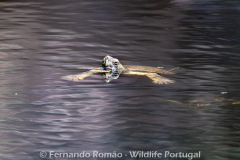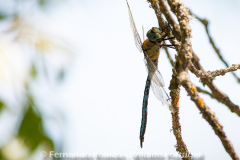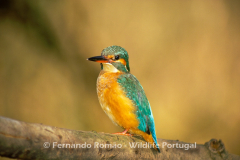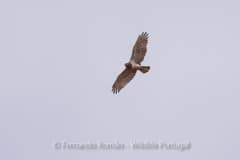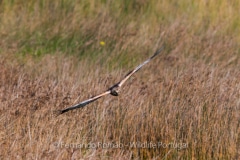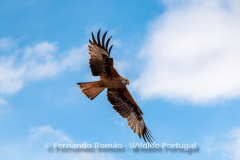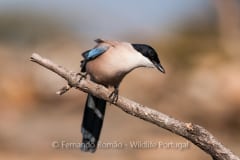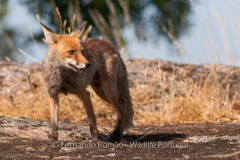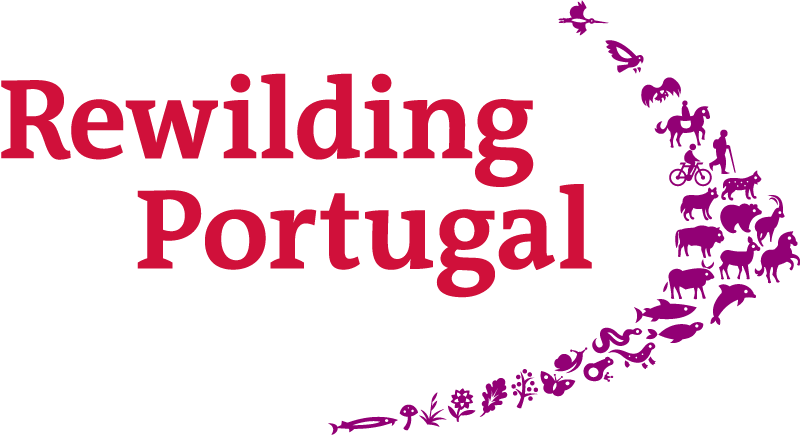
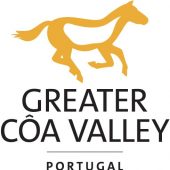
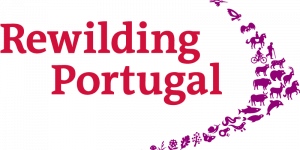
Paul de Toirões is situated on the Beira plateau near the Spanish border and is a key area for landscape connectivity in the Greater Côa Valley, a corridor and refuge for wildlife.
Paul de Toirões was an old mining exploitation, however, ceased almost a decade ago. Fed by the stream of Tourões, it formed one of the largest water surfaces in the whole Côa Valley, being distributed in a great diversity of environments such as ponds, channels, permanent and temporary ponds, interconnected by seasonally flooded wetlands and full of aquatic and riparian vegetation that grows over the old tungsten and inerts extraction areas. Around all this water, there is an abundance of willow woods, some areas of reed beds, as well as a young but extensive forest, mainly composed of Pyrenean Oak (Quercus pyrenaica) and Holm Oak (Quercus rotundifolia).
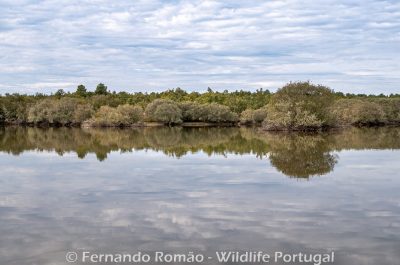
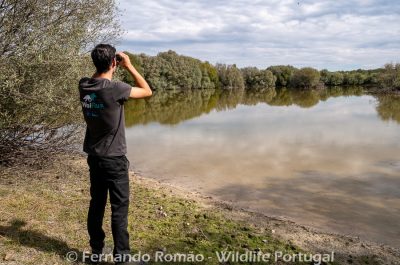
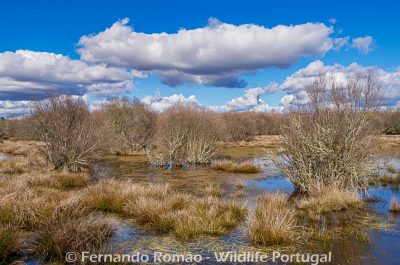
A refuge for biodiversity
Despite its recent past, Paul de Toirões is an area that is already of great importance for biodiversity, with important communities of aquatic flora and fauna, including the European Pond Terrapin (Emys orbicularis), the Mediterranean Terrapin (Mauremys leprosa), the Otter (Lutra lutra), a nesting colony of Grey Heron (Ardea cinerea), as well as a breeding pair of Marsh Harrier (Circus aeruginosus), flocks of Mallard (Anas platyrhynchos) and Teal (Anas crecca), Green Sandpiper (Tringa ochropus), Snipe (Gallinago gallinago). Both the White Stork (Ciconia ciconia) and the Black Stork (Ciconia nigra), can be seen here, regularly, searching for food or shelter.
An oasis for birds
The area is also a hotspot for birds, with more than 100 species already observed, being frequented by several species of birds of prey, with the confirmed occurrence of Black Kite (Milvus migrans), Red Kite (Milvus milvus), Short-toed Eagle (Circaetus gallicus) Booted Eagle (Hieraaetus pennatus), Common Buzzard (Buteo buteo), Griffon Vulture (Gyps fulvus), Black Vulture (Aegypius monachus), Egyptian Vulture (Neophron percnopterus), Sparrowhawk (Accipiter nisus) and, occasionally, Golden Eagle (Aquila chrysaetos). But also observed here are the Bee-eater (Merops apiaster), the Iberian Magpie (Cyanopica cooki), the Hoopoe (Upupa epops), the Woodchat Shrike (Lanius senator), the Raven (Corvus corax), the Western Orphean Warbler (Curruca hortensis), the Kingfisher (Alcedo atthis), the Sand Martin (Riparia riparia), the Great Reed Warbler (Acrocephalus arundinaceus), among many others.
Among the group of mammals, the Otter (Lutra lutra), the Red Deer (Cervus elaphus), the Roe Deer (Capreolus capreolus), the Red Fox (Vulpes vulpes), the Badger (Meles meles) and the Wild Boar (Sus scrofa), are the most frequent.
Rewilding
This is also a rewilding area, where the organization Rewilding Portugal is implementing ecological restoration actions to make the Greater Côa Valley a place where natural processes and complete trophic chains play key roles in the landscape. In a future threatened by climate change, Paul de Toirões could be an oasis for wildlife in the Greater Côa Valley, ensuring the permanence and/or return of many fundamental species to the ecosystem, and to demonstrate how rewilding can be a viable solution even in the most humanised territories.
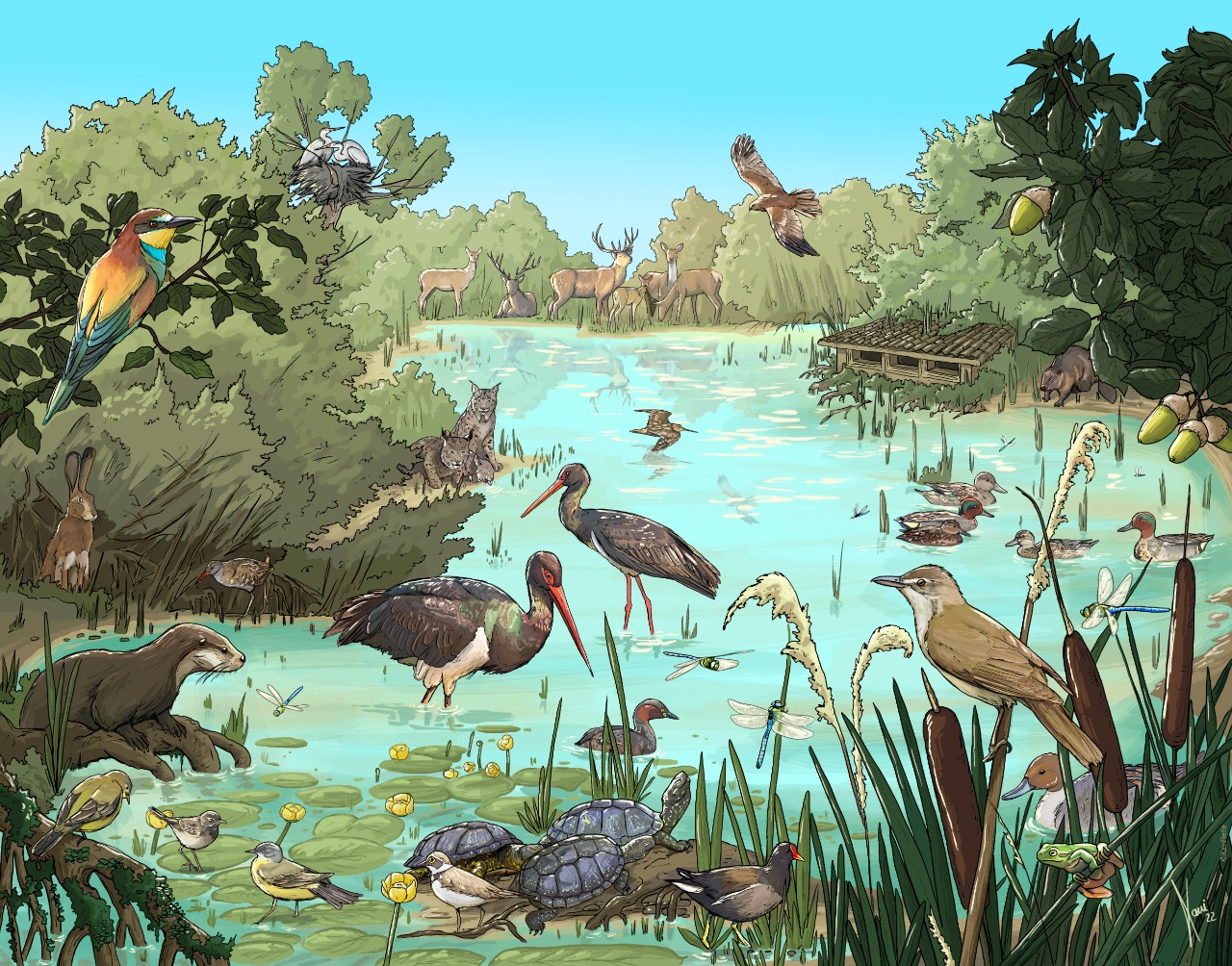
Length: 3 km
Type: circular
Duration: around 3 hours
Recommended time of year: Spring, autumn and winter.
Recommended time of year: it can be done all year round. In summer, it is necessary to be careful because of the high temperatures. However, part of the trail is shaded by trees.
Recommendations and practical advice
For this activity, you will need comfortable footwear (preferably mountain boots or sports shoes), trousers, windbreaker and other clothing appropriate to the season and weather forecast. A hat for your head and sun cream. Bring water and individual food reinforcement (if justified) consisting, among others, of sandwiches, fruit or energy bars, nuts.
The planned programme may be subject to some changes should the weather conditions be too adverse.
FULL DAY: up to 4 participants – 185,00 €
HALF DAY: up to 4 participants – 130,00 €
For bigger groups and other conditions, contact us.
The price indicated includes guidance, transportation from Guarda or locally (if applicable) and insurance.
Booking a place is only guaranteed if 50% of the registration fee is paid.
A discount equal to VAT is available for private clients.
VAT will be added to the indicated prices for companies and other entities.
Through the contacts available, indicating your name and cell phone contact/email.
The reservation is only guaranteed upon payment of 50% of the registration fee.
email: info@wildlifeportugal.pt
phone: +351 918 068 872
During our activities, we commit to safeguarding the environment, minimizing environmental impacts and reducing pollution.
By carrying out this activity, we support the management and conservation actions that promote the coexistence and return of wild species to the Great Côa Valley, under the management of Rewilding Portugal, through a financial contribution.

 English
English

